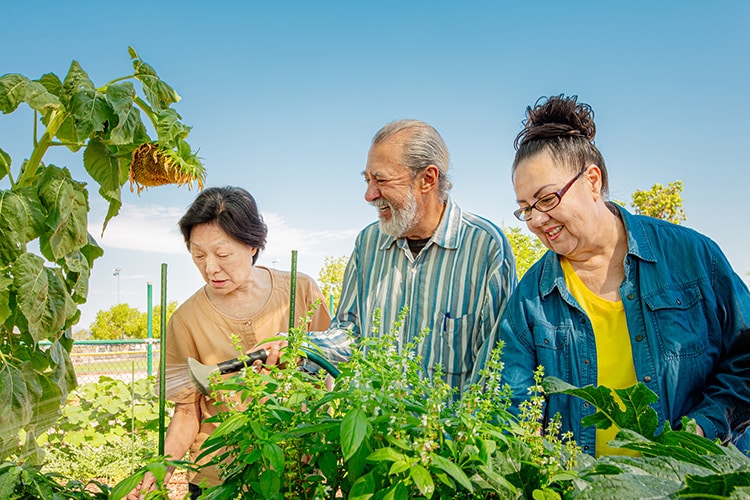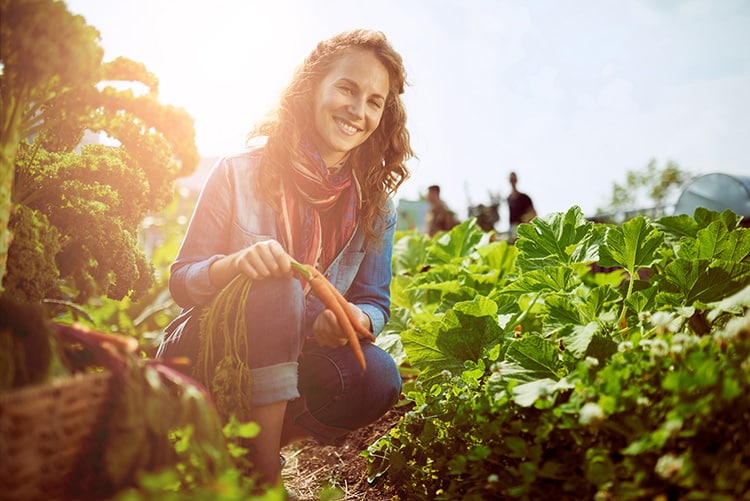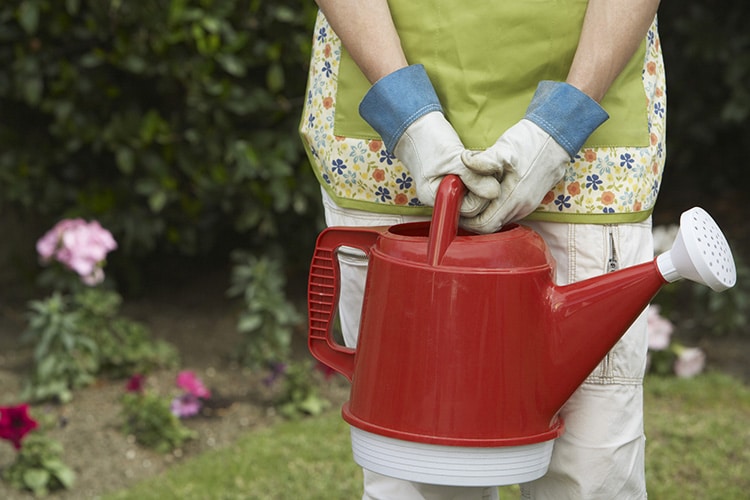
Photo: CREATISTA/Depositphotos
Have you heard of green exercise? The term—developed by University of Essex in 2003—refers to recreation and spending time in nature. It encompasses “green care” which is using nature for healing purposes. Such therapeutic interventions were put to a true test during the COVID-19 pandemic. People were locked down at home, with outdoors being the safest space to see others. A new study in the International Journal of Environmental Research and Public Health found that therapeutic community gardening decreased loneliness across this troubled period, while also bolstering life satisfaction and well-being.
The paper drew on a study of 53 participants who University of Essex researchers tracked from 2019 to 2022. Most had pre-existing mental health issues and were regular visitors to therapeutic community gardens run by the charity Trust Links throughout the pandemic. The results showed that overall loneliness among participants, as self-reported and scored, declined despite the rising levels across British society. Impressively, self-reported life satisfaction and mental well-being increased a whopping 9%. In short, gardening can help individuals with mental health troubles cope and even improve thier well-being in times of societal crisis.
Dr. Carly Wood of the University of Essex says: “There is growing evidence to support the use of nature-based interventions for the treatment of mental ill-health and great potential to upscale the use of therapeutic community gardening through the Government and NHS’ Green Social Prescribing agenda. The pandemic drew this clearly into focus and showed that even as we coped with unprecedented disruption and upheaval community gardening has the power to help some of society’s most vulnerable people. I’m hoping this study will show the power of therapeutic community gardening and inspire more research into its benefits.”
Trust Links is excited by the research, too. Matt King, the chief executive, noted, “Through this evaluation with the University of Essex it is clear that our Growing Together therapeutic community gardening projects have a powerful impact on mental health and wellbeing, improving connections with other people, providing positive activities, giving people’s lives meaning and hope, and enabling people to spend time outdoors with nature. Further investment in these services will help reduce demand on the NHS and social care, helping us to grow communities and transform lives.”
A study of community gardening opportunities during the COVID-19 pandemic has shown that the pursuit reduced the loneliness felt by many.

Photo: JULIEF514/Depositphotos
While loneliness among participants decreased, well-being and life satisfaction rose.

Photo: LONDONDEPOSIT/Depositphotos
h/t: [reddit]
Related Articles:
Young Person Pays It Forward by Taking 100-Year-Old Veteran on a Free Trip to Disneyland
Man Braves Hurricane Ian to Rescue a Stranded Cat From Rising Waters
Alzheimer’s Drug Shown To Slow Down Disease by Nearly 30% In Clinical Trial
Backyard Gardener Grows Record-Breaking 1,269 Tomatoes on One Vine
